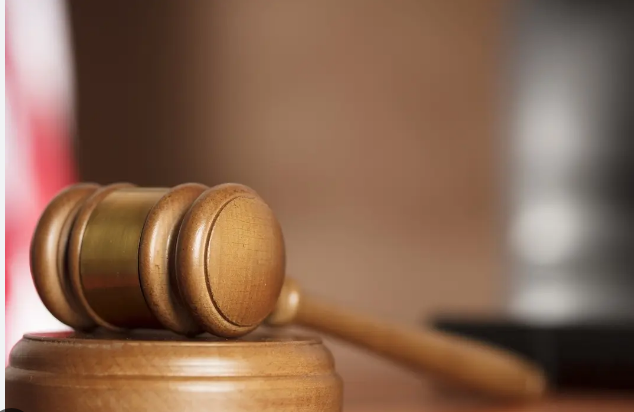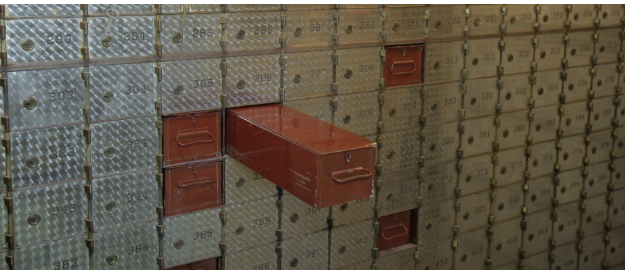In a landmark decision that reinforces the protections afforded by the Fourth and Fifth Amendments, the U.S. 9th Circuit Court of Appeals has delivered a significant ruling on the controversial search and seizure of about 700 safe deposit boxes by the FBI. This case, originating from a raid on U.S. Private Vaults in March 2021, has raised critical questions about the extent of government power and the rights of individuals to privacy and property.
The Initial Raid and Subsequent Legal Battles:
- On March 22, 2021, the FBI conducted a raid on U.S. Private Vaults, a Nevada-based company operating on West Olympic Boulevard. During this operation, agents broke open numerous safe deposit boxes, confiscating drugs, firearms, gold bullion, cash, and other valuables.
- U.S. Private Vaults later pleaded guilty to money laundering conspiracy and was fined $1.1 million in June 2022. Notably, none of the box holders were accused of any criminal activities.
Box Holders’ Legal Response:

- Following the raid, box renters, including owners of luxury items like Cartier bracelets and Rolex watches, firearms, gold bullion, and significant amounts of cash, filed a lawsuit. They claimed violations of their Fourth Amendment rights (protection from unreasonable search and seizure) and their Fifth Amendment rights (protection from having private property taken without compensation).
- The lawsuit sought the return of their property and demanded that the government either return or destroy records of the search. While the property was eventually returned, the plaintiffs pressed for the destruction of the inventory records.
Judicial Findings: From District Court to Appeals
District Court’s Initial Ruling:
- A Los Angeles federal judge initially rejected the plaintiffs’ request, finding that the government’s inventory of the safe deposit box contents was constitutionally proper. The judge ruled that federal law enforcement had not exceeded the bounds of its search warrant.
Appeals Court’s Contrary Opinion:
- Contrary to the district court, the appellate court found the inventory to be improper. The judges stated that the warrant, signed by a magistrate judge in downtown Los Angeles, did not authorize a criminal search or seizure of the contents of the boxes.
- The court’s decision has been hailed as a significant victory for privacy and property rights, drawing a line to ensure that such government overreach does not recur.
Government’s Admission and Planned Action:
- Thom Mrozek, a spokesman for the U.S. Attorney’s Office, stated that while the office declines to comment on the specifics of the ruling, they are prepared to destroy records of the inventory search, as sought by the plaintiffs.
Institute for Justice’s Role and Allegations:
- The Institute for Justice, a libertarian law firm, played a key role in filing the lawsuit. The firm alleged that instead of merely identifying the owners and safeguarding the contents, FBI agents extensively searched the boxes, running currency in front of drug-sniffing dogs and copying personal records.
- The government also filed a massive administrative forfeiture claim to seize over $100 million in cash and valuables, again without charging any individual with a crime.
Read More:
- Chicago area father tells police why he shot and killed his wife and 3 daughters
- Upholding Evidence Integrity: Judge’s Decision in Delphi Case
- Tracking rain in SoCal, statewide Cal State University strike
The 9th Circuit’s ruling represents a significant win for the principles of limited government and individual rights. Jennifer Snitko, one of the plaintiffs, sees the ruling as a validation of their stand against government overreach. The case highlights the crucial balance between government authority and individual liberties, reaffirming that the government’s power to search and seize property is not without limits. This decision not only provides relief to the affected box holders but also sets a precedent to protect citizens’ rights against unreasonable searches in the future.

